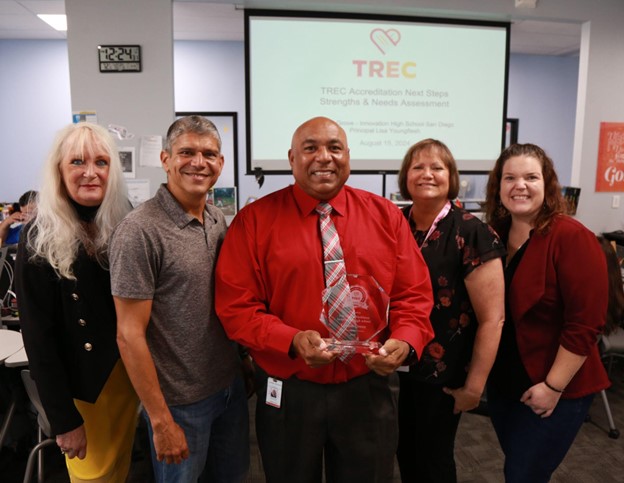

From Fixed Mindset to Growth Mindset: Shifting Student's Perspective
January 19, 2024
As educators, we strive to foster a love of learning in our students. But sometimes, despite our best efforts, students can become stuck in a fixed mindset – the belief that their abilities are predetermined and unchangeable. This can lead to a lack of motivation, fear of failure, and a limited ability to learn and grow. In this post, we'll explore how educators can shift students from a fixed mindset to a growth mindset, helping them to see their potential and develop a lifelong love of learning.
Firstly, it is essential to understand the difference between a fixed mindset and a growth mindset. Students with a fixed mindset believe that their abilities are innate, and that they cannot improve them. On the other hand, students with a growth mindset believe that their abilities can be developed through hard work, perseverance, and a willingness to learn from mistakes.
To shift students from a fixed mindset to a growth mindset, educators can begin by creating a safe and supportive learning environment. Students should feel free to take risks and make mistakes without fear of judgment or criticism. Encourage students to embrace challenges and view mistakes as opportunities for growth and learning.
Another key strategy is to teach students about the brain's ability to grow and change over time. Educators can use brain-based research to show students that intelligence is not fixed, but can be developed through effort and persistence. This can help students to understand that their abilities are not predetermined, but can be improved through hard work and dedication.
Additionally, educators can praise students for their effort rather than their intelligence. By focusing on the process rather than the outcome, students are encouraged to take risks and embrace challenges, rather than avoiding them for fear of failure.
In conclusion, shifting students from a fixed mindset to a growth mindset is a process that requires patience, persistence, and dedication. By creating a safe and supportive learning environment, teaching students about the brain's ability to grow and change, and focusing on effort rather than intelligence, educators can help students develop a lifelong love of learning and reach their full potential.


Craig Beswick
Educational Innovator, Trauma-Resilient Professional, TREC Pioneer, and Vice President of School Development









